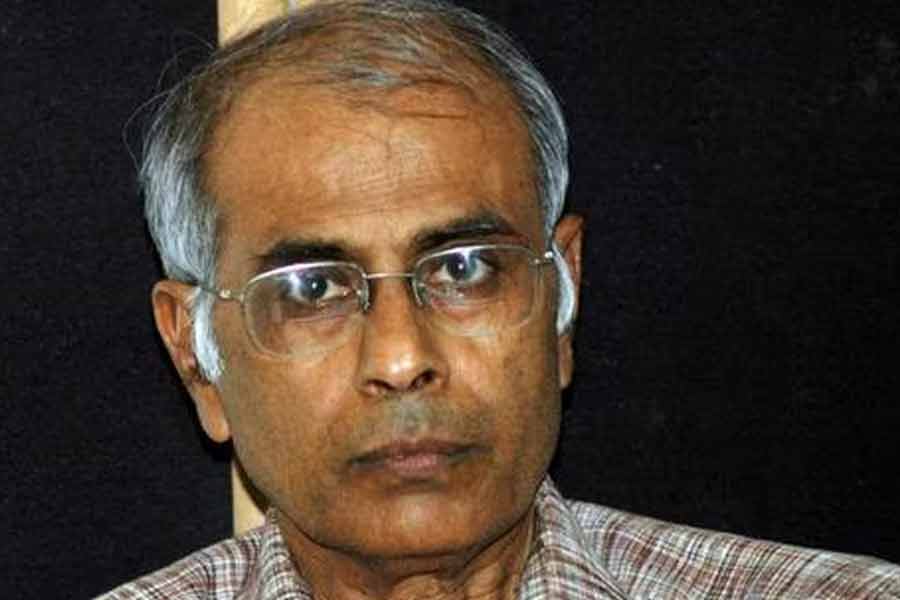
A special court dealing with UAPA cases convicted Sachin Andure and Sharad Kalaskar in the 2013 murder case of rationalist Dr. Narendra Dabholkar, sentencing them to life imprisonment. However, the court acquitted alleged conspirators Dr. Virendrasinh Tawde, Sanjeev Punalekar, and Vikram Bhave due to lack of evidence, raising questions about the failure to unmask the true masterminds behind the assassination.
The court’s verdict highlighted the failure of investigating agencies to identify the masterminds orchestrating Dr. Dabholkar’s murder. It called for introspection, questioning whether this failure was a result of incompetence or deliberate inaction influenced by individuals in positions of power.
While Andure and Kalaskar were convicted for carrying out the murder, the court noted that they were not the masterminds behind the crime. The acquitted individuals, although suspected of involvement, were cleared due to the prosecution’s inability to convert motives and suspicions into concrete evidence.
Judge P P Jadhav’s order emphasized that the murder was meticulously planned and executed, indicating the involvement of higher-level planners. The court lamented the failure of Pune police and CBI to unearth these masterminds despite ample evidence pointing to motives and suspicions.
The verdict prompted reactions from the Dabholkar family, who expressed faith in the Indian judiciary while planning to challenge the acquittals in the High Court. Meanwhile, the Sanatan Sanstha, a Hindu right-wing group linked to some of the accused, asserted that the acquittals disproved allegations of “saffron terror” associations.
The verdict in the Narendra Dabholkar murder case raises significant questions about the effectiveness of investigative agencies and the challenges in bringing masterminds of high-profile crimes to justice. The legal battle continues as parties involved seek clarity and accountability in this long-standing case.
Sources By Agencies




